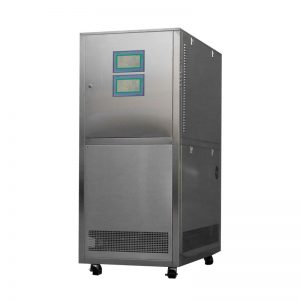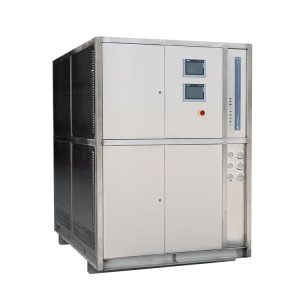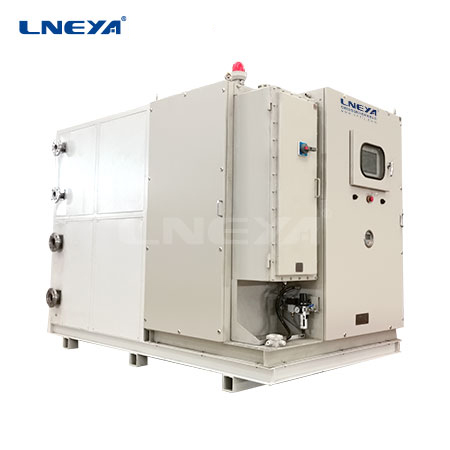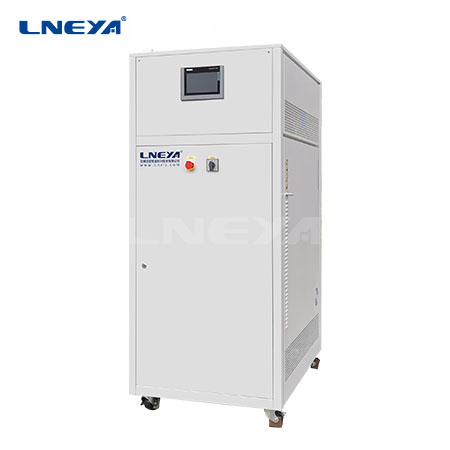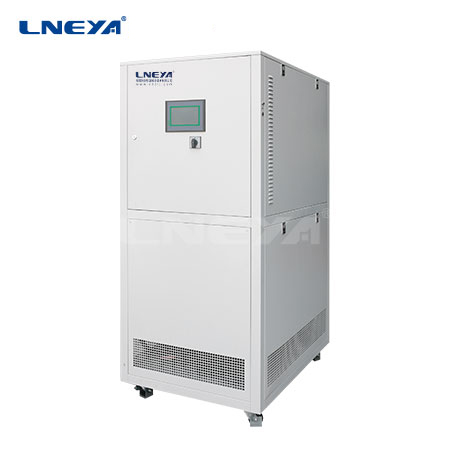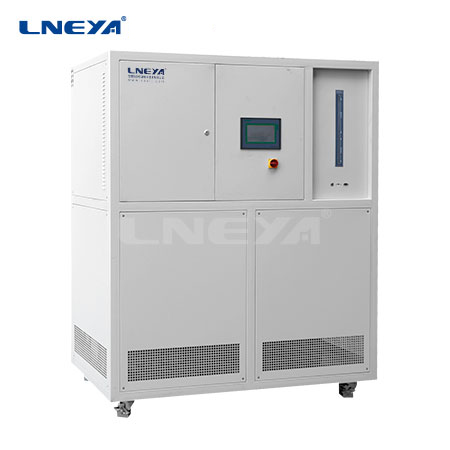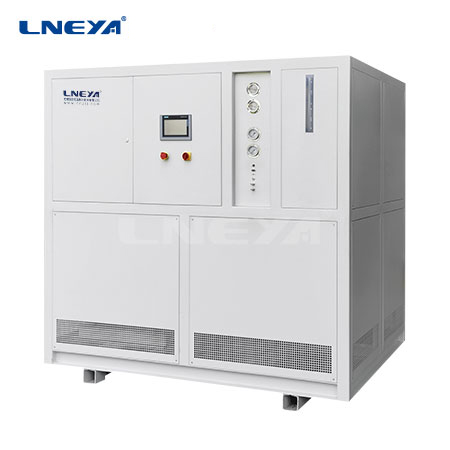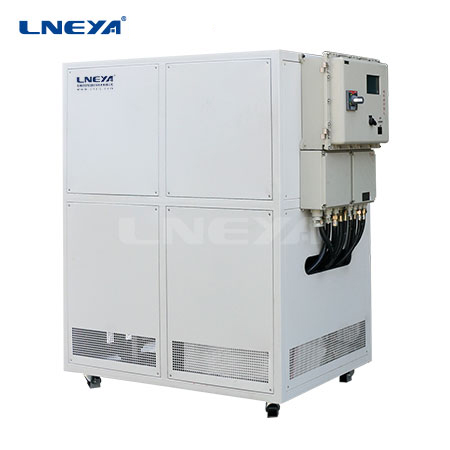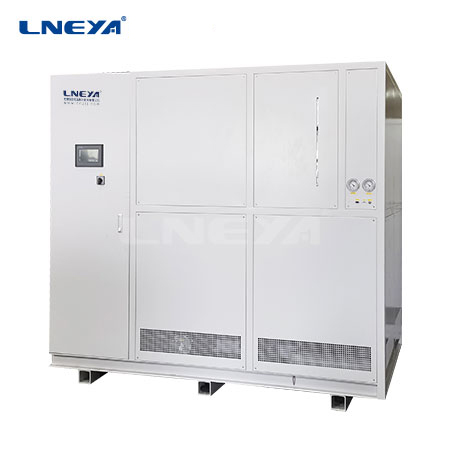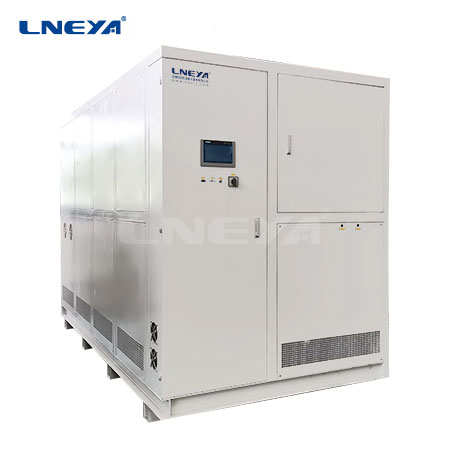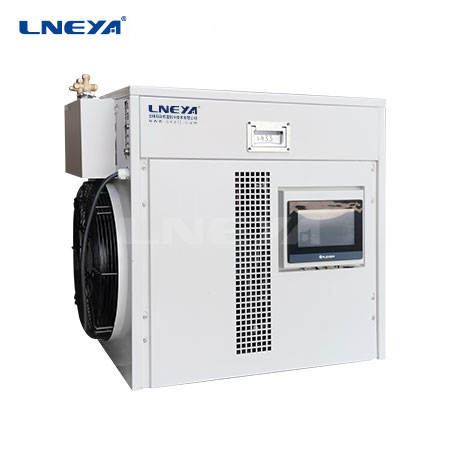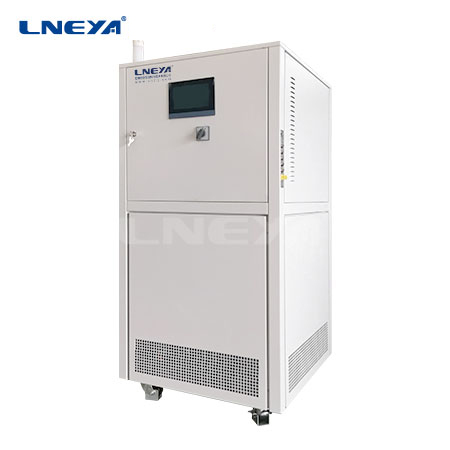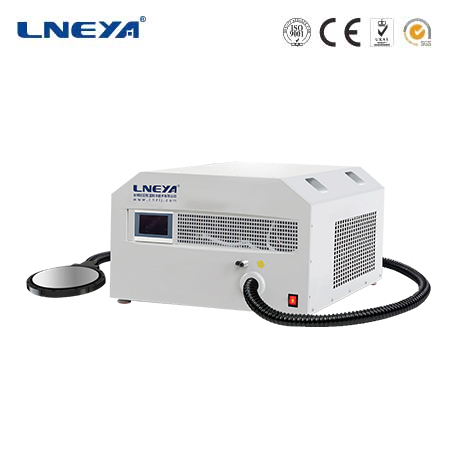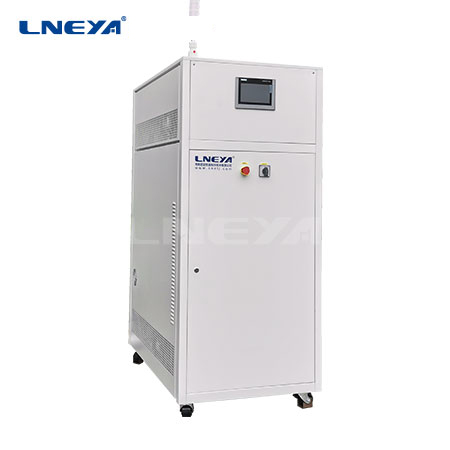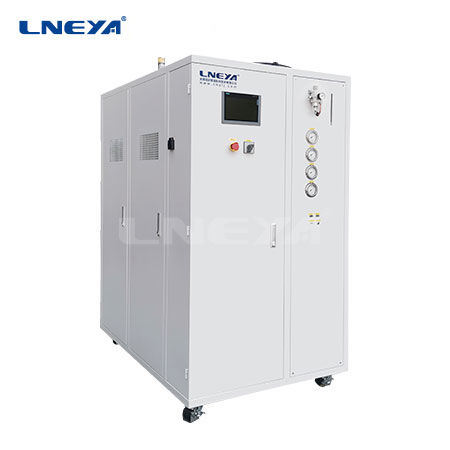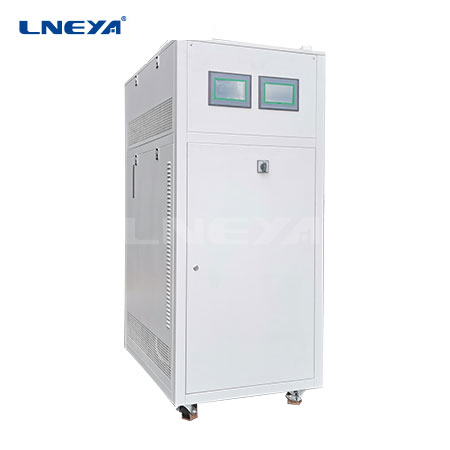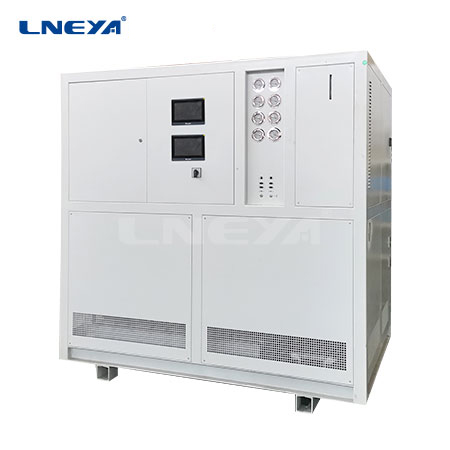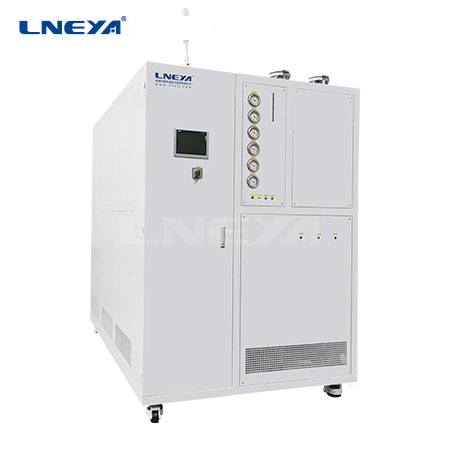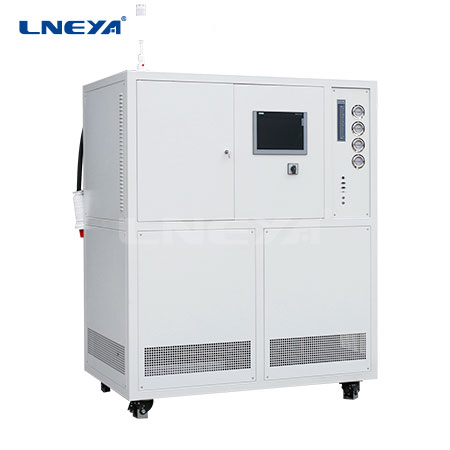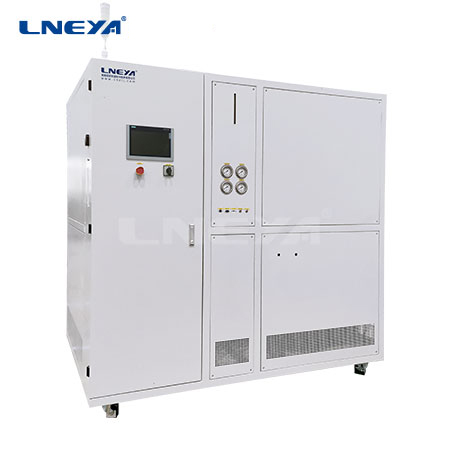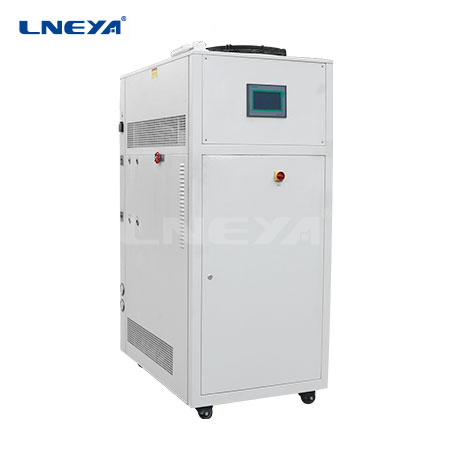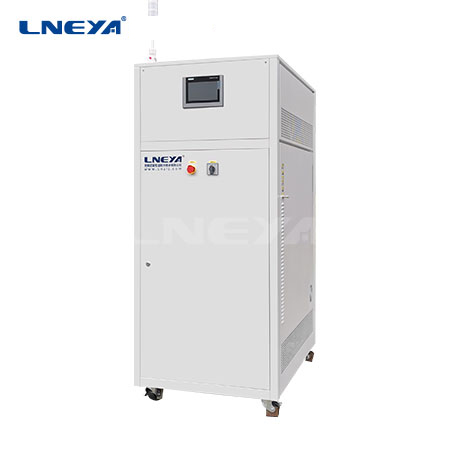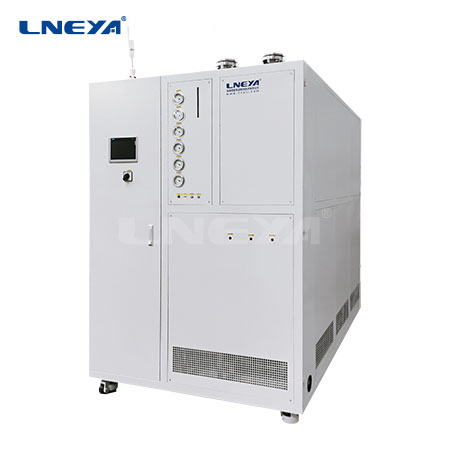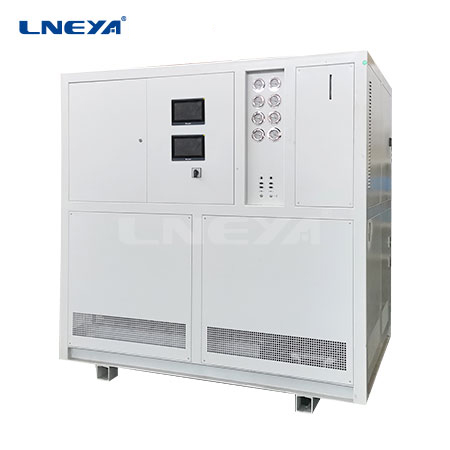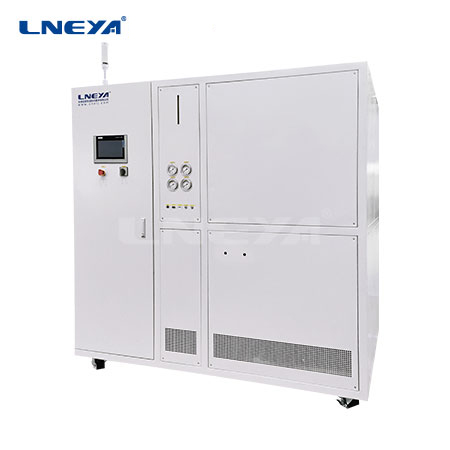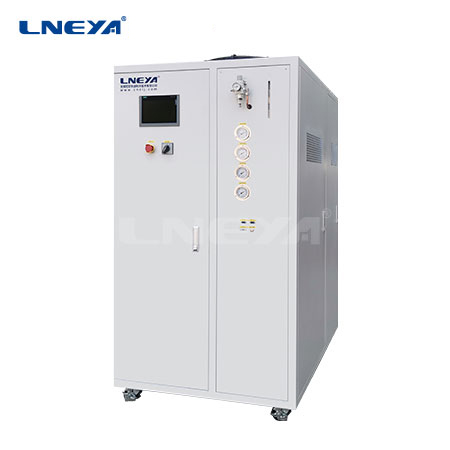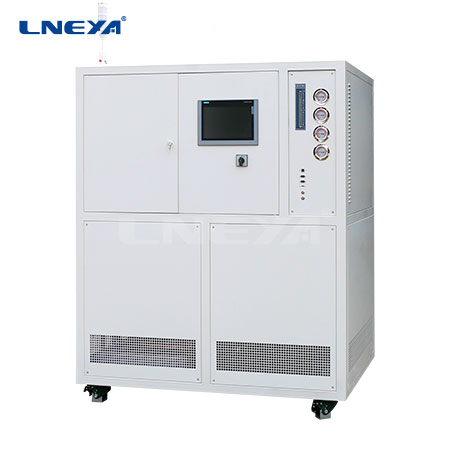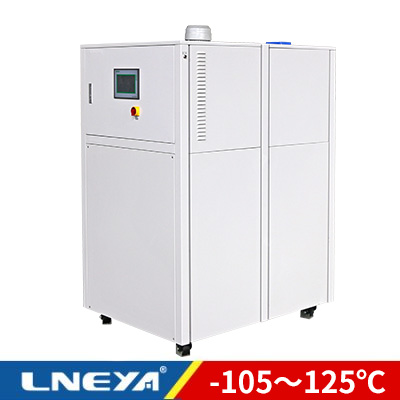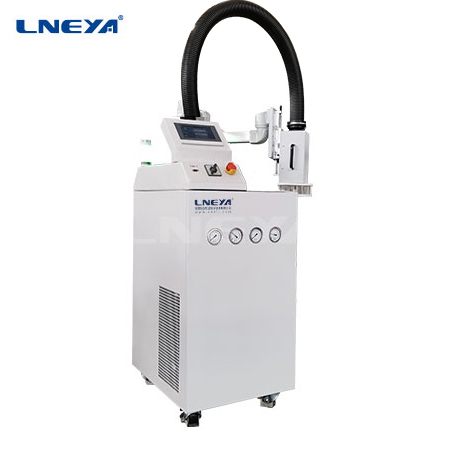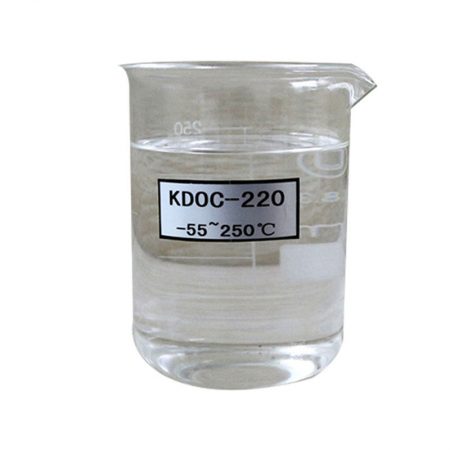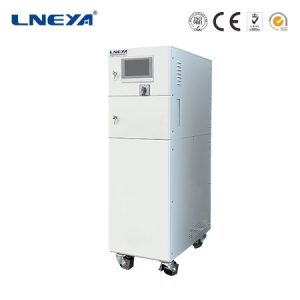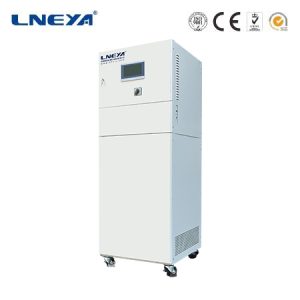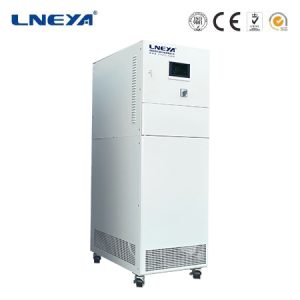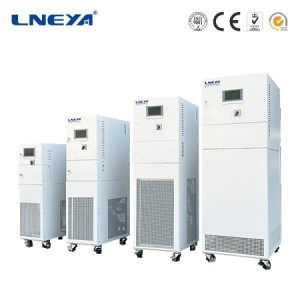Introduction to 40-Ton Air-Cooled Chillers
Air-cooled chillers are vital for maintaining comfortable temperatures in large commercial and industrial buildings. A 40-ton air-cooled chiller, in particular, is designed to handle significant cooling loads efficiently. These chillers use outdoor air to dissipate heat from the refrigeration cycle, making them suitable for various applications where water-cooled systems may not be feasible.
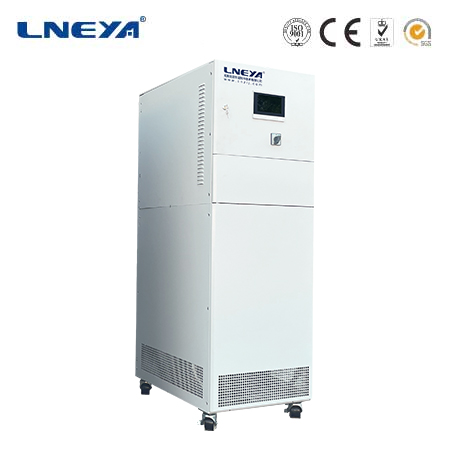
Technical Specifications and Features
40-ton air-cooled chillers come with a range of features that enhance their performance and efficiency. Some of the key specifications include:
Industry-Leading IPLV: The Integrated Part-Load Value (IPLV) is a measure of a chiller’s energy efficiency under varying load conditions. A higher IPLV indicates better energy performance.
Variable-Speed Drive Fans: These fans adjust their speed based on the cooling demand, optimizing energy consumption and reducing noise levels.
Seismic Certification: Ensuring the chiller’s structural integrity in areas prone to earthquakes is crucial. Seismic certifications vary by model and location.
Building Automation System (BAS) Communications: Integration with BAS allows for remote monitoring and control, enhancing the system’s efficiency and reliability.
Quick Start Option: This feature enables the chiller to reach optimal operating conditions quickly, reducing downtime and energy waste.

High-Ambient Kit: Standard in many models, this kit allows the chiller to operate effectively in high-temperature environments up to 125°F (52°C).
Performance Ratings and Standards
The performance of air-cooled chillers is often rated according to industry standards such as the AHRI Standard 550/590-2020. This standard provides guidelines for testing and rating the performance of water-chilling and heat pump water-heating packages using the vapor compression cycle.
Energy Efficiency and IPLV
Energy efficiency is a critical consideration for chiller operators. The IPLV is calculated using a formula that takes into account the chiller’s performance at 100%, 75%, 50%, and 25% load points. The IPLV is a crucial metric for comparing the efficiency of different chiller models.

Maintenance and Environmental Impact
Proper maintenance is essential for the optimal performance and longevity of air-cooled chillers. Regular inspections, cleaning, and servicing can prevent issues such as fouling, which can reduce efficiency and increase energy consumption.
Environmental factors, such as ambient temperature and atmospheric pressure, can also impact the performance of air-cooled chillers. Adjusting the chiller’s operation based on these factors is essential for maintaining efficiency and reliability.
Conclusion
A 40-ton air-cooled chiller is a significant investment for any commercial or industrial facility. Understanding the technical specifications, performance ratings, and maintenance requirements is crucial for ensuring that the chiller operates efficiently and effectively. By adhering to industry standards and investing in regular maintenance, operators can maximize the return on their investment and contribute to a more sustainable environment.
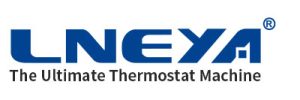 LNEYA
LNEYA
 简体中文
简体中文










